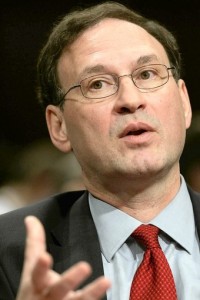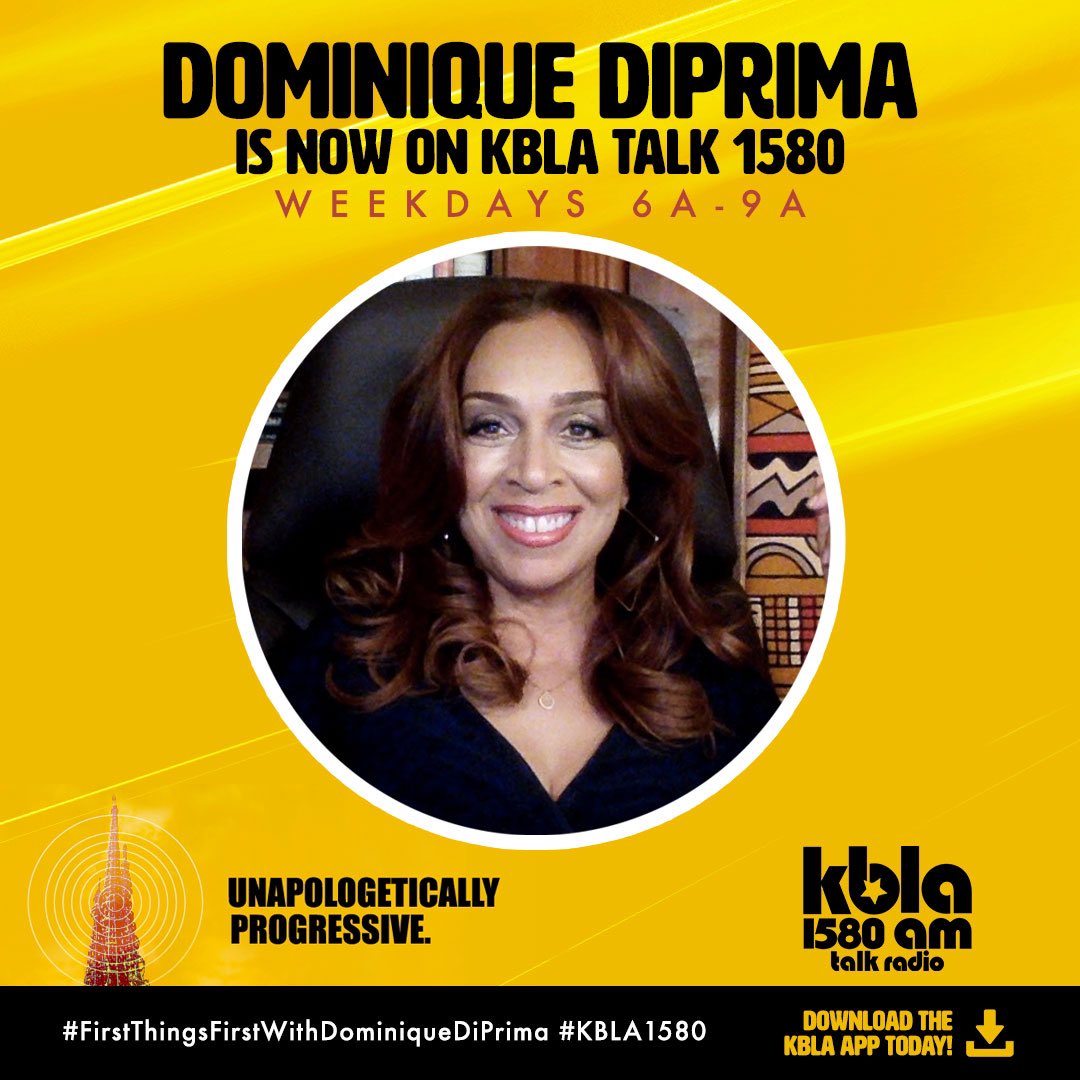Justices decide firmly for privacy in their first ruling on government use of digital technology to monitor people.
By David G. Savage, Washington Bureau
Gennaio 24, 2012
Segnalazione da Washington
The Supreme Court confronted for the first time the government’s growing use of digital technology to monitor Americans and ruled strongly in favor of privacy.
The court said the Constitution generally barred the police from tracking an individual with a GPS device attached to a car unless they were issued a warrant from a judge in advance. But the ruling could limit a host of devices including surveillance cameras and cellphone tracking, esperti legali hanno detto.
“I would guess every U.S. attorney’s office in the country will be having a meeting to sort out what this means for their ongoing investigations,” said Lior Strahilevitz, a University of Chicago expert on privacy and technology.
Even the justices who most often side with prosecutors rejected the government’s view that Americans driving on public streets have waived their right to privacy and can be tracked and monitored at will. At least five justices appeared inclined, in the future, to go considerably beyond the physical intrusion involved in putting a GPS device on a car and rule that almost any long-term monitoring with a technological device could violate an individual’s right to privacy.
Finora, prosecutors and police have believed as long as they were tracking a person who was out in public, they could use GPS devices, cellphone tracking, facial recognition cameras or computer data mining to gather a dossier on an individual without a search warrant. A majority of the justices aggressively rejected that idea Monday.
Although the justices agreed on the outcome, they quarreled over how to approach the issue and how far to go.
Five justices, led by Antonin Scalia, said the police violated the 4th Amendment’s ban on unreasonable searches when they attached the device to a vehicle’s bumper and monitored its movements.
Justice Samuel A. Alito Jr., whose opinion was joined by three others, cited “dramatic technological change” that has made it “relatively easy and cheap” for agents to secretly monitor people and gather huge amounts of information. Justice Sonia Sotomayor agreed, detto “awareness that the government may be watching chills” freedom.
None of the opinions set a strict limit on searches, but they signaled the court was determined to limit officials’ power to monitor individuals, at least when there is no “probable cause” to believe the individuals have committed a crime.
The case before the court arose when Antoine Jones was charged with running a drug-dealing operation in the Washington area, based in part on data gathered from tracking his Jeep.
By a 9-0 voto, the justices ruled it was unconstitutional for the police to attach a small GPS device to his bumper and track his car for a month. The tracking data helped convict Jones of running a drug-dealing operation.
It is rare when a drug criminal wins in the conservative-leaning high court, ma il caso GPS in questione se lo Stato moderno ha un potere illimitato per monitorare e controllare i suoi cittadini, evocando lo spettro di George Orwell “1984.”
“Aspettative della società è stato che gli agenti di polizia e altri no - e anzi, nella principale, semplicemente non poteva - segretamente monitorare e catalogare ogni singolo movimento di macchina di una persona per un periodo molto lungo,” Alito ha scritto, aggiungendo che una tale ricerca “sicuramente attraversato” la linea costituzionale. Giudici Ruth Bader Ginsburg, Stephen G. Breyer e Elena Kagan concordato con Alito.
Sotomayor si è unito opinione della maggioranza di Scalia, ma in un parere concordante ha chiarito che anche lei d'accordo con gran parte della più ampia visione di Alito che il giudice deve limitare l'uso del governo di tecnologia di tracking.
Scalia’s view protects the “constitutional minimum” that the government may not trespass on private property, ha scritto. But she said these devices could “make available at a relatively low cost such a substantial quantum of intimate information about any person who the government, in its unfettered discretion, chooses to track.” Inoltre, ha detto, “the government can store such records and efficiently mine them for information years into the future.” The government cannot be free to use “a tool so amenable to misuse,” ha detto, particularly in light of the 4th Amendment’s aim “to curb arbitrary exercises of police power.”
Scalia did not foreclose a future decision that tracking through “electronic means” è un “unconstitutional invasion of privacy,” but said there was “no reason for rushing forward” to resolve that issue now. Chief Justice John G. Roberts Jr.and Justices Anthony M. Kennedyand Clarence Thomas also joined the opinion.
The ruling in U.S. vs. Jones left many questions unanswered. Alito and Sotomayor did not say when electronic tracking goes too far.
Privacy experts hailed the opinion as a welcome surprise and a good portent for the future.
È “a landmark ruling in applying the 4th Amendment’s protection to advances in surveillance technology,” said Washington attorney Andrew Pincus. It is also “a significant rebuke to the government,” which had argued that no privacy right was at stake.
Gregory Nojeim of the Center for Democracy & Technology agreed, saying the court “made it clear it would not allow advancing technology to erode the constitutional right of privacy.” The decision may limit police from using cellphones to track people, ha detto, perché “cellphone triangulation can be just as precise as GPS.”
Strahilevitz said the court’s opinion was most important for its rethinking of the right to privacy when balanced against public surveillance.
“Before today, if you asked whether the 4th Amendment puts some limit on the government’s use of facial recognition cameras in the Chicago Loop or at the Los Angeles airport, you would say no. You had no expectation of privacy. After today, it is not so clear. The court said there is an expectation of privacy in public, and they see a danger in using technology to compile dossiers on persons.”
The case also featured an unusual clash between Scalia and Alito over how to interpret the Constitution. Scalia fatto valere la sua storia originale e ha detto che il 4 ° emendamento era di proteggere la proprietà privata dalle ricerche ufficiali. Alito derideva la sua attenzione su “18responsabilità civile secolo” e ha detto che il giudice necessaria per proteggere i cittadini contro “Ricerche irragionevoli” più in generale.
L'opinione di Scalia, se strettamente seguite, potrebbe limitare la portata del quarto emendamento, ma Sotomayor d'accordo con l'opinione di Alito che si estendeva anche a proteggere la privacy ampiamente.
Fonte: LA. Times



Nessun Commento
Commenti per Corte Suprema dice che la polizia devono garantire per il tracciamento GPS sono ormai chiuse.